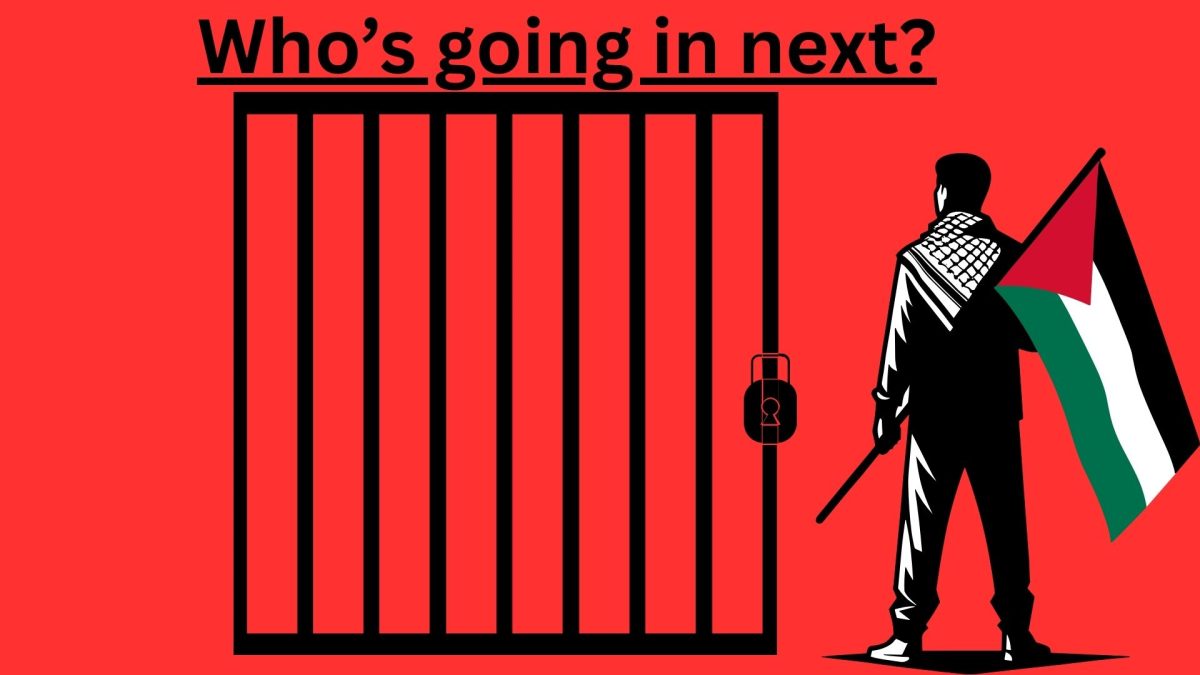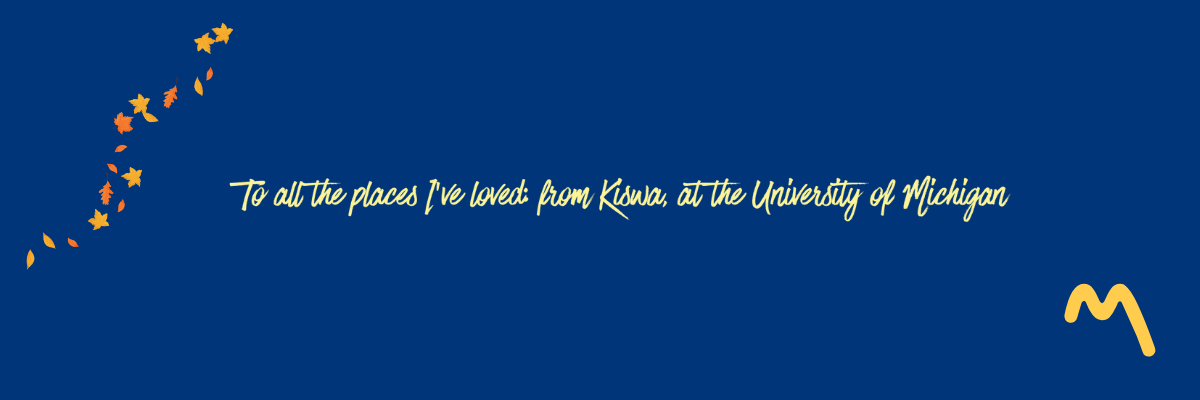“Free speech” in the United States is a twisted phrase. We say it as though it were speech itself that needed freedom, like a statement of opinion was a thing that could be chased through a swamp by bounty hunters if protective forces didn’t leap to its aid. In fact, the most chilling “free speech” cases are those in which people in power seek to be “free” from speech—to be able to hurt whomever they want with no resistance or exposure. This particularly goes for the U.S. military: from instituting First Amendment restrictions to punish an anti-draft protester to attempting to keep the New York Times from exposing its handling of the Vietnam War, the U.S. government has proven quite willing to stifle those who might weigh down the machine of battle.
The United States of 2025 is no different. As Israel, supported by our country, continues to inflict what I believe is a genocide on the population of Palestine, both its government and our own are mercilessly quashing those who would obstruct such a course. (I should specify: when I refer to “Israel” here, I speak of the country’s government and/or military, much the same as one talks about “America” attempting to colonize the Philippines.)
Perhaps the most famous example would be Mahmoud Khalil, a Palestinian graduate student and leader of pro-Palestine protests at Columbia University, who was taken captive by ICE agents on March 8. Our government now seeks to deport him, not for any crime, but solely for his participation in those protests, which Secretary of State Marco Rubio says run afoul of “U.S. policy to combat antisemitism around the world and in the United States.”
Myra Glassman, a member of a group devoted to “Palestinian liberation,” has other ideas. “I feel that speaking up in solidarity with Palestinians [who] are undergoing a genocide is what I, as a Jew, am called to do,” said Glassman.
“Don’t do that in my name,” she said of efforts to label pro-Palestine activism “antisemitic.” “You are insulting me and you are using me.”
Mahmoud Khalil has not been the only one silenced. There is also:
- Mohsen Mahdawi—a Columbia student protester arrested April 14, while at an appointment to complete a citizenship test.
- Rumeysa Ozturk—taken captive by ICE agents on March 27, one year after collaborating on an article in the Tufts University student newspaper, criticizing the university’s president for his response to Student Senate resolutions urging divestment from Israel.
It is not insignificant that Rumeysa Ozturk’s only known crime was the publishing of a newspaper article. Professional journalists have been no safer from suppression. According to Reporters Without Borders, Israel has refused to allow reporters to enter Gaza unless under tight military supervision. The Committee to Protect Journalists has found the period between the start of the fighting in Gaza and April 16 to be the most fatal stretch of time the organization has ever recorded, with 175 media personnel now killed—19 of them, CPJ finds, killed on purpose by the Israeli Defense Forces. What’s more, 84 journalists have been arrested since Oct. 7, with 35 of them still imprisoned.
This intimidation is no far-off thing. A Niles North student, who asked not to be identified, told me they refrained from being vocal about their pro-Palestine views, because of “fear of what the government may do.” When I asked if the student worried they would be assaulted, lose their job, or lose college admissions opportunities, they replied that each one of those was possible.
“Growing up, I always felt proud to be an American,” the student told me in an email. “Because it used to mean something. There used to be a reason so many people left their homes behind to come to the U.S.” But times have changed, the student explained. “The current administration has clearly shown no regard for constitutional rights.”
And yet, all hope is not lost. Vermont’s Congressional representatives have denounced Mohsen Mahdawi’s capture in Israel and Gaza. Meanwhile, members of the media continue to work to document Israel’s atrocities—for example, +972 Magazine, which is run by both Palestinian and Israeli staff. Among their recent articles is one on the increasing trend of Israeli citizens refusing to enter the IDF reserves—meaning that in Israel, as well, resistance is not dead.
Even at Niles North, we have an opportunity to keep the government from trying to tell us how to talk about Israel-Palestine—by deciding for ourselves to talk about it. In writing this article, for instance, I sought advice from a self-described liberal Jewish friend and journalist. I assumed we would disagree on Israel-Palestine much more than we actually do. In fact, though we don’t see eye-to-eye everywhere, we both believe that what Israel is doing to civilians in Gaza is wrong—and that we should be allowed to say so. Do we deserve imprisonment for public, empathetic discussion?
For the anonymous student I interviewed, this school could stand to encourage a more open dialogue about Israel-Palestine. “An opportunity we as a school community lost out on was to make open spaces for people to talk about their feelings,” they said. “The conversation will be uncomfortable, but I believe this is the only way to see eye-to-eye progress together.”
This is what the Trump administration and the Israeli government are afraid of: not that anyone’s opinions of Israel’s actions will harm Jewish people, but that with calm and empathetic discussion, those opinions will unite the public—be they Jewish, Palestinian, Israeli, Arab, or anyone else—against a campaign of mass murder and displacement. It falls, then, to us—everyone who is not in prison and who carries a conscience—to reject both Israel’s actions and the United States’ attempts to control how they are discussed. It is for us to ensure powerful people in either country will never be free of our speech.









